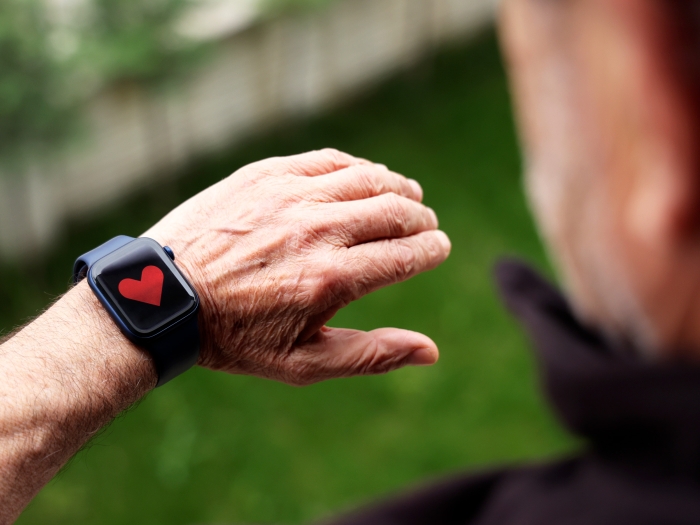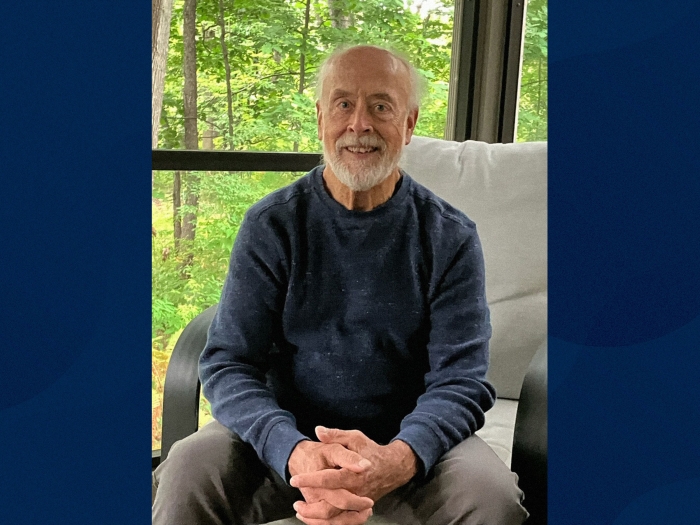
Health Lab
A study found personalized text messages effectively promoted increased physical activity for patients after significant heart events — such as a heart attack or surgery — but those effects later diminished.

Health Lab
A study led by Michigan Medicine narrows in on the cumulative effects of years of high systolic blood pressure — the top number on the blood pressure reading and how hard the heart pumps blood to the arteries — finding that a higher average reading during adulthood is linked with a greater risk for the two most common types of stroke.

Health Lab
The tool, based on updated information about atherosclerotic cardiovascular disease, could mean fewer people would be recommended to take statin medications

Health Lab
Many people aged 50 to 80 who said they take aspirin multiple times a week may not need to do so and could be causing health risks, according to National Poll on Healthy Aging.

Health Lab
Sudden cardiac arrest in young athletes: 5 things parents should know

Health Lab
Tanuka Piech, M.D., a cardiologist at the University of Michigan Health Frankel Cardiovascular Center, answers questions about heart disease, why we should care and what we can do to help prevent it.

Health Lab
Cardiologist shares how weight loss medications may impact cardiovascular health.

Health Lab
In a study of the three most commonly prescribed blood thinners, the oral anticoagulant rivaroxaban, known by the brand name Xarelto, was associated with a significantly higher risk of bleeding complications than apixaban (brand name Eliquis) and warfarin for patients with blood clots or atrial fibrillation.

Health Lab
The use of telehealth remains high, with over 20% of American adults taking appointments online. These visits include video calls with registered dietitian nutritionists, who have a critical role in helping patients take on lifestyle changes through medical nutrition therapy. With a focus on the changing digital landscape, researchers at Michigan Medicine found that telemedicine patients with hyperlipidemia — an excess of cholesterol or fats in the blood — experienced similar positive health benefits compared to those who had in-person visits.

Health Lab
A Michigan Medicine research team developed a prescription wristwatch that continuously monitors the wearer’s heart rhythm and uses a unique algorithm to detect atrial fibrillation. The clinical-grade device, called the Verily Study Watch, proved very accurate at identifying atrial fibrillation in participants.

Health Lab
Michigan Medicine’s head of cardiac surgery, Gorav Ailawadi, M.D, M.B.A., answers questions about different treatment options for heart valve disease.

Health Lab
Older adults who live in disadvantaged communities are less likely to attend cardiac rehabilitation after common heart procedures, a Michigan Medicine-led study finds.

Health Lab
A Michigan Medicine report shows that adding a mobile health application to such devices yields mixed results. Tailored text messages to encourage high-risk people to move more may improve some short-term outcomes but doesn’t always improve physical activity levels for everyone.

Health Lab
MI-AORTA is a donor-funded initiative that facilitates collaboration within the Frankel Cardiovascular Center, U-M Health and referring provider networks, creating value for the patients, families, and communities they serve and allows them to continue to pioneer advanced therapies for aortic diseases.

Health Lab
Using these wearable devices, a study led by Michigan Medicine and the University of Missouri with Saint Luke’s Mid America Heart Institute finds that taking more daily steps is associated improved health, including fewer symptoms and physical limitations, for people with heart failure.